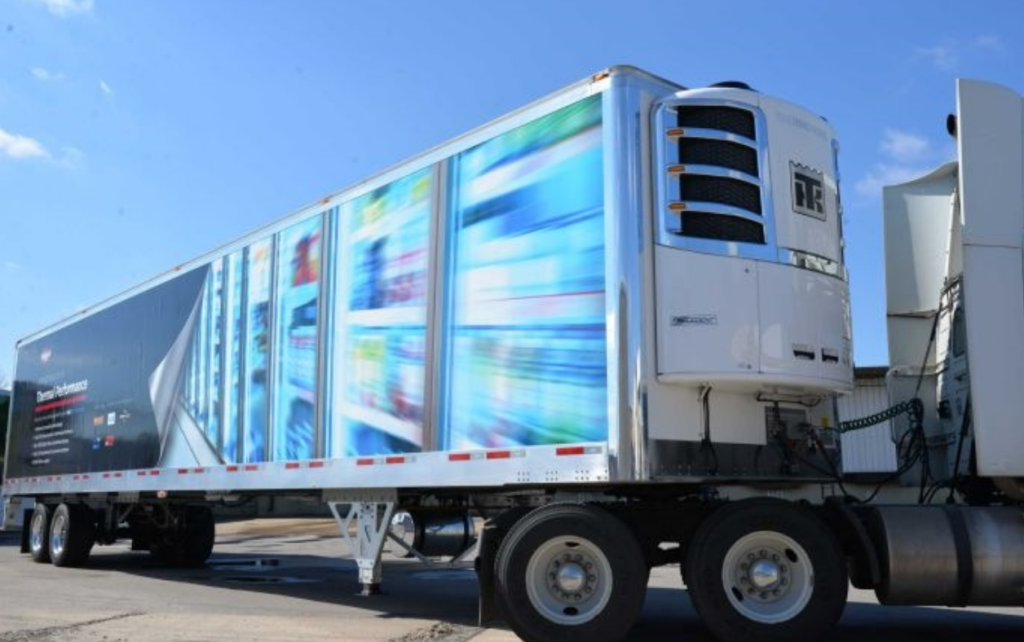New Approach to Monitor Refrigerated Foods During Shipping Process from Digi International
Digi International, a leading global provider of machine-to-machine (M2M) and Internet of Things (IoT) connectivity products and services, has introduced Digi SafeTemps, designed to provide what it calls “precise and continuous visibility using wireless monitors that automatically generate temperature alerts and reports of perishable goods throughout the transportation and supply chain process.”
Here’s why it’s so important. As part of the U.S. Food and Drug Administration (FDA) Food Safety Modernization Act (FSMA), the FDA issued new food safety rules to prevent food contamination during transportation. The rules require those involved in transporting human and animal food by motor or rail vehicle to follow recognized best practices for sanitary transportation, including properly refrigerating food. Shippers and receivers must verify that transport units are pre-cooled prior to loading, and track temperatures during transit. They must also capture, log and share temperature monitoring data to show end-to-end compliance.
In addition to providing customers with the ability to meet new FSMA requirements, Digi SafeTemps also provides an independent audit of refrigerated trailers, known as reefers. In reefers, the temperature is controlled by a refrigeration unit that creates and maintains three temperature zones (frozen, refrigerated and ambient temperature). With Digi SafeTemps technology deployed directly within each zone inside the container a real-time and accurate record verifies that the reefer unit is meeting FSMA requirements.
“Requirements of the Food Safety Modernization Act present immediate challenges for our customers in the transportation industry,” said Kevin C. Riley, chief operating officer, Digi International. “Digi SafeTemps automates temperature logging and location reporting. Our solution is unique in that it continuously measures temperature at the point of product, within the cooling system itself, providing an independent verification of a trailer’s reefer equipment.”
Category: Connected Fleet News, Featured











